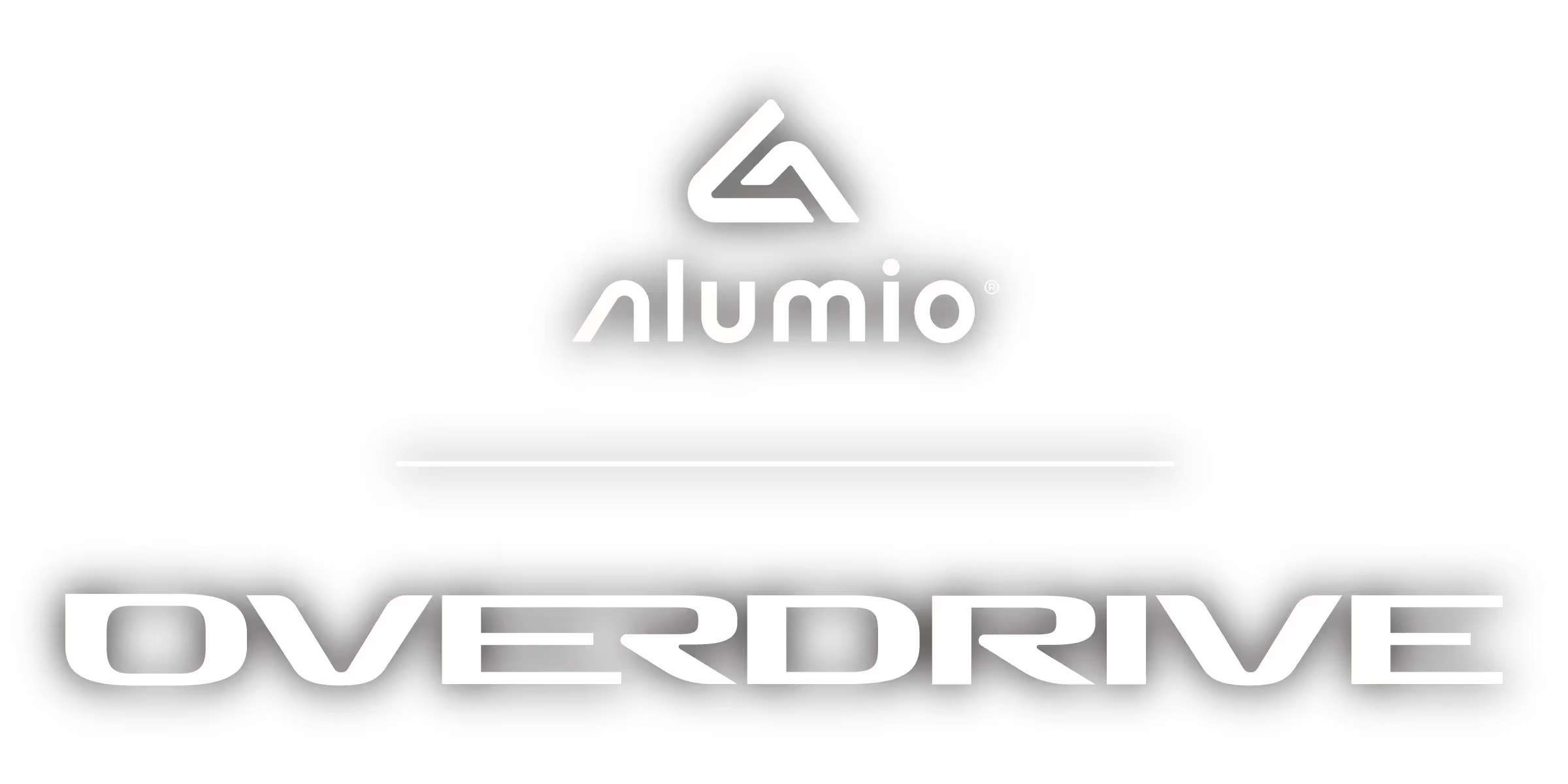Custom code integration
Custom code integration refers to the process of developing software code that connects two or more applications or systems, often developed in-house by developers or outsourced to third-party vendors.
Advantages:
- Customization: As the name indicates, custom code integration allows maximum customization, as developers can tailor the code to meet specific requirements and needs.
- Control: Custom code integration gives businesses complete control over the integration process, allowing them to make changes and updates as needed.
Disadvantages:
- Time-consuming: Custom code integration can be a time-consuming process, as developers must write code from scratch and test it thoroughly to ensure it works correctly.
- Maintenance: Custom code integrations require ongoing maintenance and support, which can be extremely costly and time-consuming.
- Impaired scalability: Custom code integrations can be difficult to scale. They often require significant development resources to add new features or functionality, especially in today’s fast-paced and ever-evolving digital landscape.
iPaaS Integration
An iPaaS (integration Platform as a Service) like Alumio is a cloud-based platform that allows businesses to integrate applications and data sources without needing custom code.
Advantages:
- Time-efficiency: Integrating software with Alumio is significantly faster than custom code integration. Pre-built connectors and integration templates act as shortcuts to develop integrations faster and connect systems quickly.
- User-friendliness: Alumio makes integrations simple for developers and non-coding professionals, thus significantly reducing operational costs regarding hiring, outsourcing, and third-party dependency.
- Scalability: Alumio enables businesses to freely experiment with removing or exchanging a new solution without losing data integrity, making it the most flexible option, as it can adapt to emerging needs.
- Automation: Alumio enables the automation of complex sequences of workflows, such as simultaneously sending real-time product stock updates from the ERP system to the e-commerce platform and PIM system.
- Cost-effectiveness: Alumio helps businesses skip the high costs, time, and risks of developing, maintaining, and troubleshooting internal integration solutions, often devouring a business' ROI. Additionally, it eliminates black boxes and budget overruns by making all integrations and data flows visible on one user-friendly interface, which developers, project managers, and business owners can understand and collaborate upon.
- Security and compliance: With Alumio, businesses can avoid spending on platform security, updates, and compliance since the platform is constantly updated to meet evolving industry standards regarding performance and security. As such, Alumio guarantees the highest levels of data security, scalable infrastructure, and dedicated cloud space, saving businesses from investing resources in constantly improving or expanding such features. Furthermore, businesses stay compliant with crucial privacy legislations like GDPR, SOC2, CCPA, FERPA, HIPAA, and more, allowing businesses to prove how they track and manage customer data.
- Visibility of data and integrations: Thanks to the platform's centralized view of all integrations and data, businesses can get 360-degree data insights, identifying where they are losing money and what touchpoints need to be improved. This includes tracking overall customer engagement and identifying process inefficiencies. These insights can be used to optimize the targeting of marketing activities, ad spends, and budgets for business improvements.
- Monitoring and Logging features: This helps keep track of every process, data transfer, request, and change across all integration, instantly detecting any integration errors or API conflicts, which users can swiftly troubleshoot and resolve via an intuitive dashboard, saving significant time and labor costs.
Disadvantage:
Commitment to a subscription: iPaaS solutions require ongoing subscription costs, which are not always feasible for businesses that do not possess the necessary resources. For example: if we’re talking about a small business that only requires point-to-point integration, perhaps an iPaaS is not the best choice for them since an iPaaS is best suited to handle complex integration projects. Before signing up for any iPaaS, businesses must assess their resources and evaluate their priorities to see if an iPaaS is a right fit for them.
In conclusion
Choosing between custom code and iPaaS integration depends on several factors, including the complexity of the integration project, the amount of customization required, and the long-term costs.
Custom code integration can offer the desired customization for small-scale projects but can be time-consuming, expensive, and difficult to scale and modify. As a result, what commenced as a straightforward project frequently becomes far more intricate and expensive than anticipated.
On the other hand, an iPaaS like Alumio offers speed, scalability, security, user-friendliness, and unparalleled flexibility, among other things. However, it may not meet the specific needs of your business and can be costly over the long term if the integration project is of a smaller nature. Ultimately, the decision will depend on your business priorities, goals, and budget.
However, if you have the budget for it, having an iPaaS may be what your business needs to grow and adapt to the unforeseen circumstances that shape the market. With new applications and business models emerging more frequently than ever, connecting apps, software, and systems via custom code is simply not feasible in the long run. Businesses with an iPaaS will fly past you as you fall behind. Join the winning team; join Alumio!

























